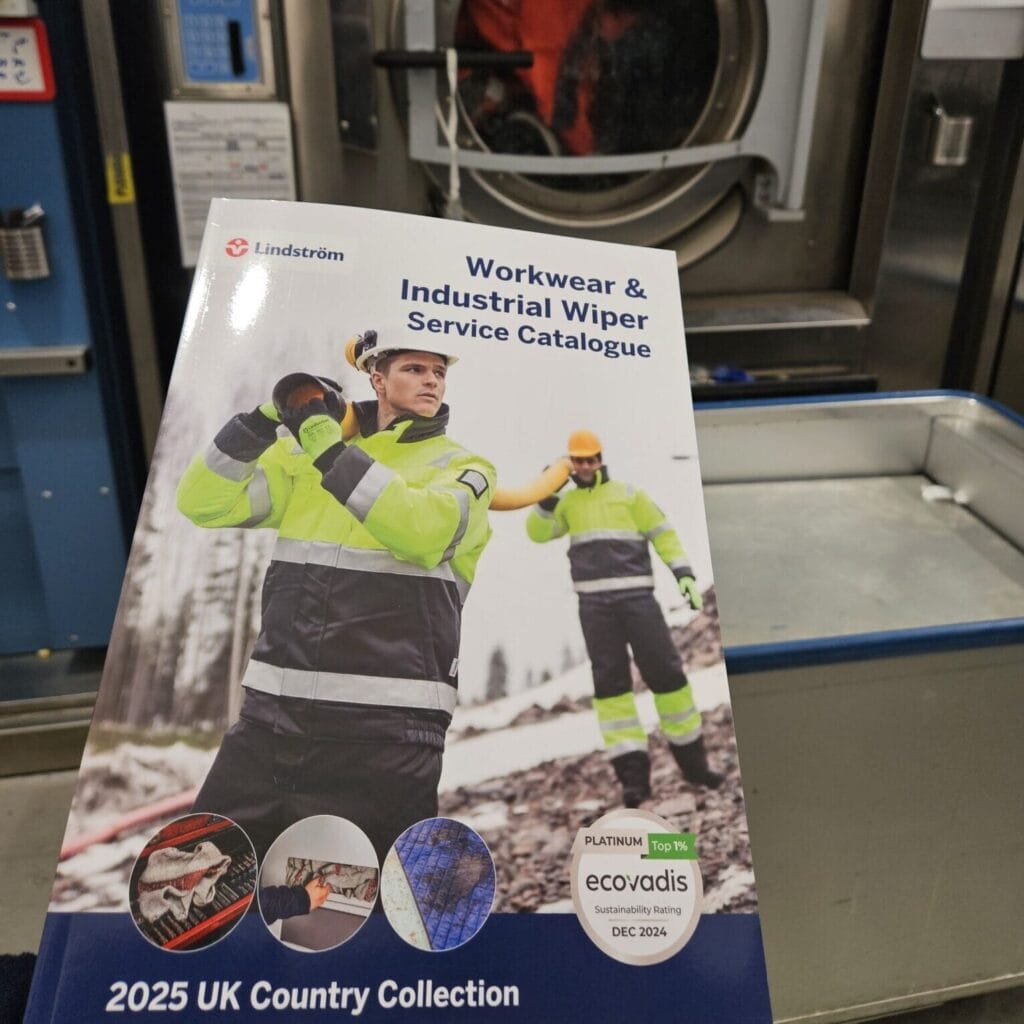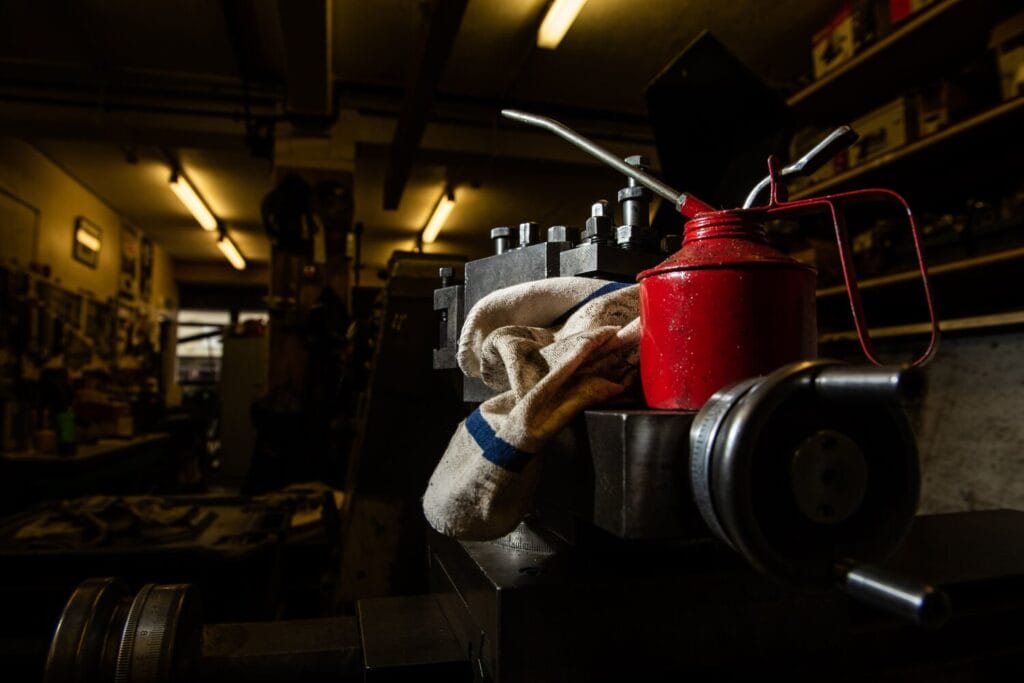
Blue Roll vs Industrial Wipers: Which Industrial Cleaning Solution Is Best for Your Business?
Cleaning up spills and messes is a regular part of many jobs, especially in industries where chemicals, oil, or grease are often involved.
Using the right cleaning tools is not just about keeping the workplace neat—it’s also about safety, following regulations, and saving money.
Choosing between blue roll and industrial wipers can make a big difference for your business.
Comparing Blue Roll and Industrial Wipers: Summary
| Feature | Blue Roll | Industrial Wipers |
| Absorbency | Moderate | High |
| Durability | Low | High |
| Environmental Impact | High landfill contribution | Eco-friendly and reusable |
| Cost Effectiveness | Short-term low cost, high waste | Long-term savings |
| Cross-Contamination | Not designed for prevention | Colour-coded for safety |
| Application Flexibility | Best for light spills | Handles tough cleaning jobs |
| Lint Production | Can leave lint behind | Lint-free cleaning |
| Compliance | Requires careful waste disposal | Easily cleaned and reused |
Key Takeaways
- Performance: Industrial wipers work better for heavy-duty cleaning because they absorb more and don’t tear easily.
- Cost: Blue roll might seem cheaper, but the cost of constantly buying more can add up. Industrial wipers are reusable, so they save money over time.
- Environment: Blue roll creates more waste, while reusable wipers are a sustainable choice.
Ready to make the switch to a more sustainable and cost-effective cleaning solution? Get a quote today to discover how Lindström’s industrial wiper rental service can transform your cleaning practices.
Why Choosing the Right Cleaning Method Matters
Every year, thousands of workers get sick because they come into contact with harmful substances.
This can cost businesses a lot of money—from hiring and training new workers to fixing environmental damage. More importantly, it can impact the health and safety of employees.
The cleaning tools you choose need to be safe, practical, and good for the environment. Let’s take a closer look at how blue roll and industrial wipers stack up.
Understanding COSHH Guidelines for Cleaning Tools
The Control of Substances Hazardous to Health (COSHH) guidelines are rules that businesses must follow to protect workers from dangerous substances.
When cleaning, businesses must think about how substances can harm people. This includes:
- Getting on the skin
- Breathing in fumes, dust, mist, or gases
- Contact with the eyes
- Swallowing
- Cuts or punctures to the skin
Your cleaning tools should meet these safety requirements to help keep everyone safe.

Blue Roll: Convenient but Limited
What Is Blue Roll?
Blue roll is a type of disposable tissue often used to clean up light spills. It’s affordable and easy to use, but it has its downsides.
What is Blue Roll Made Of?
Blue rolls are typically made from recycled paper fibres that have undergone processing multiple times.
By the time the paper is formed into blue roll, the fibres are short and less durable. Some blue rolls may also include synthetic materials to improve strength, but this depends on the manufacturer.
Is Blue Roll Recyclable?
Blue roll cannot be recycled. Even though it is sometimes made from recycled materials, the short fibres used mean it can’t be recycled again after use.
Contaminated blue roll ends up as waste, which isn’t great for the environment.
Drawbacks of Blue Roll
- Cost Over Time: Since it’s disposable, you’ll need to keep buying more.
- Performance: Blue roll can tear and leave lint behind, which isn’t helpful for detailed cleaning tasks.
- Environmental Issues: It adds to landfill waste and doesn’t support sustainable practices.

Industrial Wipers: The Durable and Sustainable Option
What Are Industrial Wipers?
Industrial wipers are reusable cloths made for tough cleaning jobs. They’re made from strong materials like cotton and are designed to last through multiple uses.
Industrial wipers are not just highly absorbent but also optimised for professional and industrial cleaning needs.
Benefits of Industrial Wipers
- High Absorbency: Industrial wipers can soak up much more liquid than blue roll, making them better for big spills.
- Durability: These wipers can handle rough surfaces and tough cleaning tasks without falling apart.
- Cost-Effectiveness: Because they’re reusable, they’re cheaper in the long run.
- Eco-Friendly: Reusable wipers help reduce waste, making them a greener choice.
- Safety Features: Colour-coded wipers help prevent cross-contamination, which is especially important in industries like food processing or manufacturing.
- Industrial Specialisation: Lindström’s wipers are laundered using eco-friendly methods, ensuring high performance while being gentle on the environment.
- Wide Applicability: Suitable for industries such as automotive, food processing, and heavy manufacturing.
- Metal Detection for Safety: Laundered wipers are inspected for metal particles, ensuring they are safe to use in environments where metal shards or swarf are common.
- Hygiene Compliance: Industrial wipers meet stringent hygiene standards, making them suitable for highly regulated industries.

Industrial Wipers FAQs
Are industrial wipers hygienic?
Yes. Industrial wipers are laundered and inspected to meet strict hygiene and safety standards.
What industries benefit most from industrial wipers?
Industries like automotive, manufacturing, chemical, and print benefit greatly from their durability and cross-contamination prevention features.
How do industrial wipers save money?
Because they’re reusable, you save money over time by reducing the need for frequent replacements and waste disposal costs.
Are industrial wipers environmentally friendly?
Yes. They are reusable, which reduces waste and supports eco-friendly business practices.
Which Option is Right for Your Business?
The choice between blue roll paper and industrial wipers depends on your business needs.
Blue roll is good for small, quick clean-ups, but industrial wipers are the best choice for businesses that need something tougher, safer, and more sustainable.
Lindström’s industrial wiper rental service can help you improve your cleaning practices while saving money and protecting the environment.
Watch our video today to find out more about Lindström’s industrial wiper rental service.



